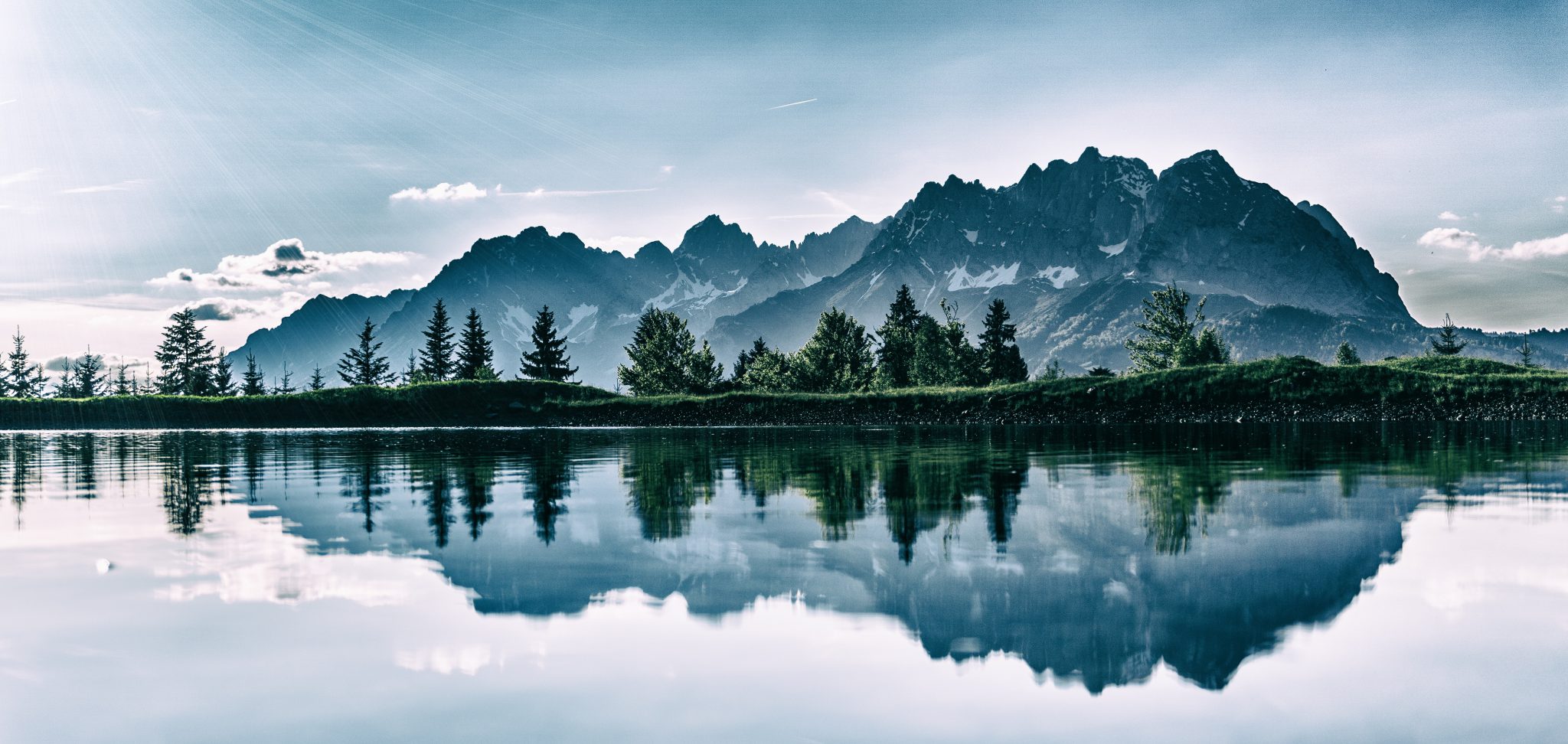Grief is Grief

Bad news rushes up and down our street.
I approach your door on sadness-soaked feet.
What can I say that won’t be so much dross?
“I’m so sorry for your loss.”
We’ve passed a milestone of loss. Our son Matthew was 22 years and six weeks old when he died in a climbing accident. As I write this in mid-October 2017, the same amount of time has passed since that accident.
What I have learned is that death is not something else. Lofty ideas do not make it something higher, metaphors and images do not transform it. (Long ago I imagined God feeling sorry for Mary after the crucifixion and coming to reassure her; she would not listen, all she could think would be “My boy is dead.”)

Source: pexels.com
But there are thoughts and images that help to make the grief a bit more stable, manageable. These reflections came to me early on, and I have shared them with a few other unfortunate bereaved individuals. In that spirit, here are some thoughts…
- My wife’s first composed thought was “We will not allow this to ruin the lives of our other children”, Matthew’s brother and sister. Kathy refused to hand power over Life to death.
- A few hours after we learned of this disaster, she sobbed to our beloved former pastor “There must be a reason for this.” Fr. John Ruth replied “Nope.” (The Book of Job is a longer version of this exchange: God does not provide reasons or justification for human agony.)
- Don’t try to outsmart statistics or the past. “If only he…”, “If only I…” We are given life and this world; there is agony as well as ecstasy; that’s it.

Source: pexels.com
… and a few images:
- A good friend makes a surprise visit, holding a wonderful blossom plucked from our garden. “It’s so beautiful, it’s at its absolute peak – surely this is the moment to put it in a vase to enjoy it.” “No, we wanted it to age and die outside after producing seeds and leading to new life. You should not have plucked it.”
- We are at the edge of a howling crater at night, paralyzed by fear. A light appears a short distance away, then another and another. Finally the crater is ringed by small bonfires lit by friends. It is still dark, the crater still threatens, but we are less afraid thanks to our friends.
- I have to cross a junkyard in the pitch dark. Within seconds I have cut my foot. The next night I return and safely pass the first hazard but hit another. Night after night, I get further without mishap. Finally – now – I can cross the night-time junkyard without injury. It’s a skill. But then I look back in the morning light and it’s still a junkyard.

Source: pexels.com
So if someone asks “Have you gotten over it?”, my response is “No, it’s not about getting-over but about learning-to-live-with.”
I wish I could be more joyful, lofty, transcendental about this. I apologize if you are disappointed, I’m happy if my words help you. This is the way it is. Prayer does change me, but not it.




Peter Bisson, SJ
Posted at 01:17h, 04 NovemberThank you Robert.